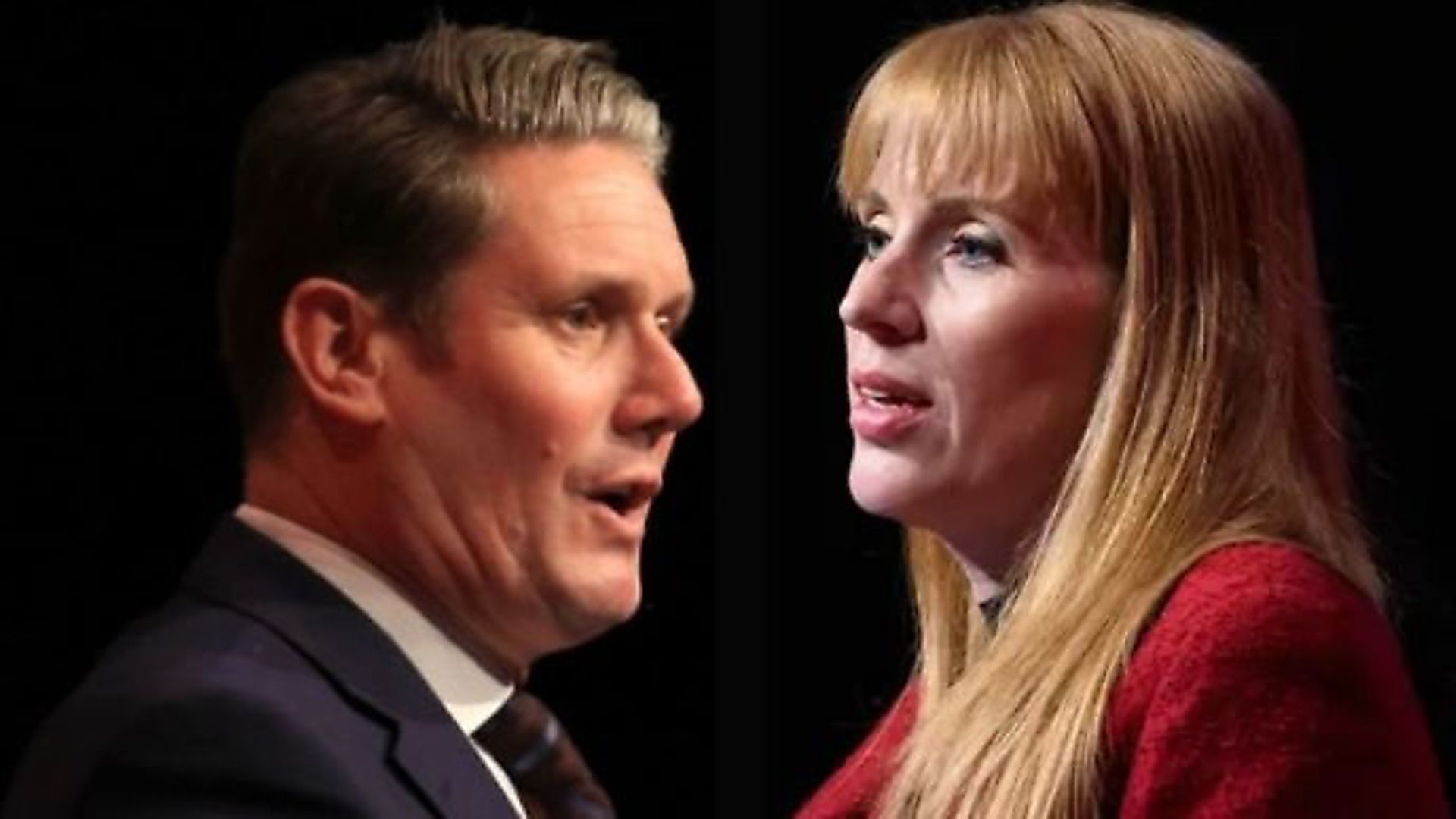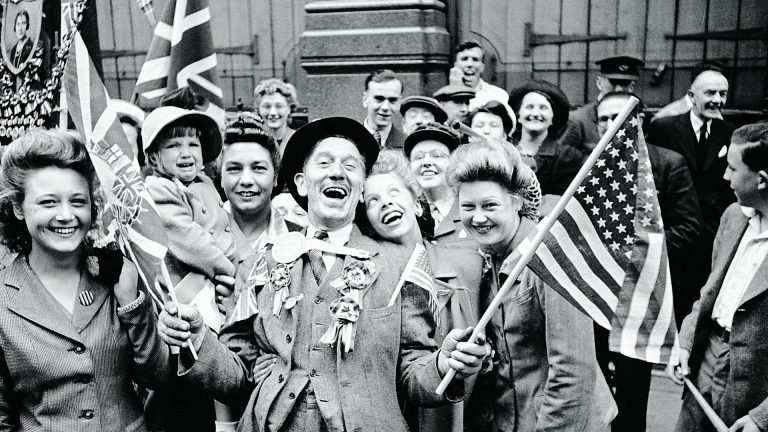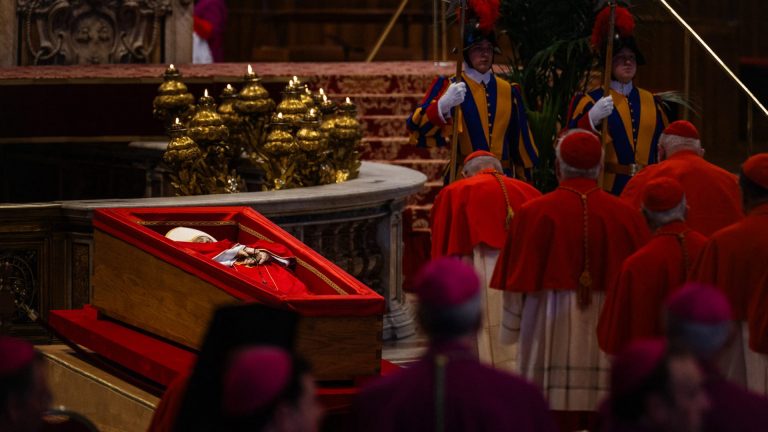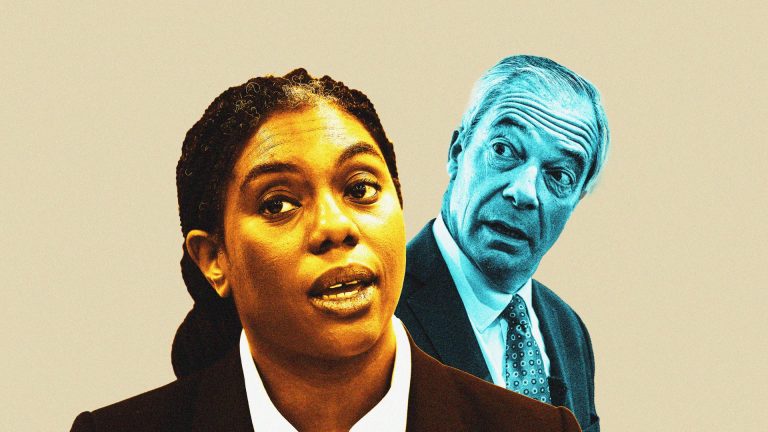
Sir Keir Starmer has won the leadership of the Labour Party by a landslide, with Angela Rayner becoming the party’s deputy leader.
Starmer took 56% of the votes cast in the main contest beating rivals Rebecca Long-Bailey and Lisa Nandy after the first round of counting.
His rivals Rebecca Long-Bailey and Lisa Nandy won 135,218 votes (27.6%) and 79,597 (16.2%) respectively.
Sir Keir won more votes than his predecessor Jeremy Corbyn, who in 2015 secured 251,417 of the 422,664 votes cast. However, Corbyn’s vote share was higher than Sir Keir’s, totalling 59.5% of the vote, compared to 56.2%.
It marks a significant change of direction for the party, with a move away from the politics of Jeremy Corbyn and Ed Miliband who led Labour over the last decade.
His victory came after the planned special conference to unveil the winner had to be shelved because of the coronavirus crisis.
Angela Rayner won the deputy leadership race by 52.6% of the vote.
Rosena Allin-Khan came second with 113,858 (26.1%) while Richard Burgon was third with 92,643 votes (21.3%).
Dawn Butler was eliminated in the first round with 50,255 votes, and Ian Murray was eliminated in the second round with 64,560 votes.
Have your say
Send your letters for publication to The New European by emailing letters@theneweuropean.co.uk and pick up an edition each Thursday for more comment and analysis. Find your nearest stockist here or subscribe to a print or digital edition for just £13. You can also join our readers' Facebook group to keep the discussion and debate going with thousands of fellow pro-Europeans.
Sir Keir, who was named after Labour’s first parliamentary leader Keir Hardie, said his election was the ‘honour and privilege of my life’.
In an acceptance speech posted on social media, he said his mission is to restore trust in Labour as ‘a force for good and a force for change’.
He also apologised for anti-Semitism in the party which has brought ‘grief’ to Jewish communities.
The contest was triggered in December when Jeremy Corbyn announced that he would quit as Labour leader after the party suffered its worst general election defeat since 1935.
He presided over years of faction fighting, accusations of institutional anti-Semitism and bitter divisions over Brexit.
Ballot papers were sent out in late February to party members, members of affiliated trades unions and groups, and 14,700 ‘registered supporters’ who paid £25 to take part on a one-off basis. Voting closed on Thursday.
Sir Keir led the race from the start, winning the backing of 89 members of the parliamentary party in the first round of the contest, before securing the support of more than a dozen affiliated organisations in the second stage.
Veteran left-winger Mr Corbyn became party leader in 2015, a result which marked a fundamental change of direction for Labour.
He led the party through two general election defeats, the last of which saw seats which had been Labour for generations turned blue as the party’s hitherto impregnable ‘red wall’ crumbled in the face of the Tory advance.
Sir Keir will have to find a way to rebuild Labour support in its traditional heartlands, but his first major challenge will be to establish a clear voice on the coronavirus crisis.
He tweeted: ‘It’s the honour and privilege of my life to be elected as leader of the Labour Party.
‘I will lead this great party into a new era, with confidence and hope, so that when the time comes, we can serve our country again – in government.’
Angela Rayner tweeted: ‘Thank you to everyone from the bottom of my heart, I promise I will do everything to repay your trust!
‘I know we face a long and difficult road ahead but it’s our responsibility to offer the better future that the citizens of our country deserve’.









